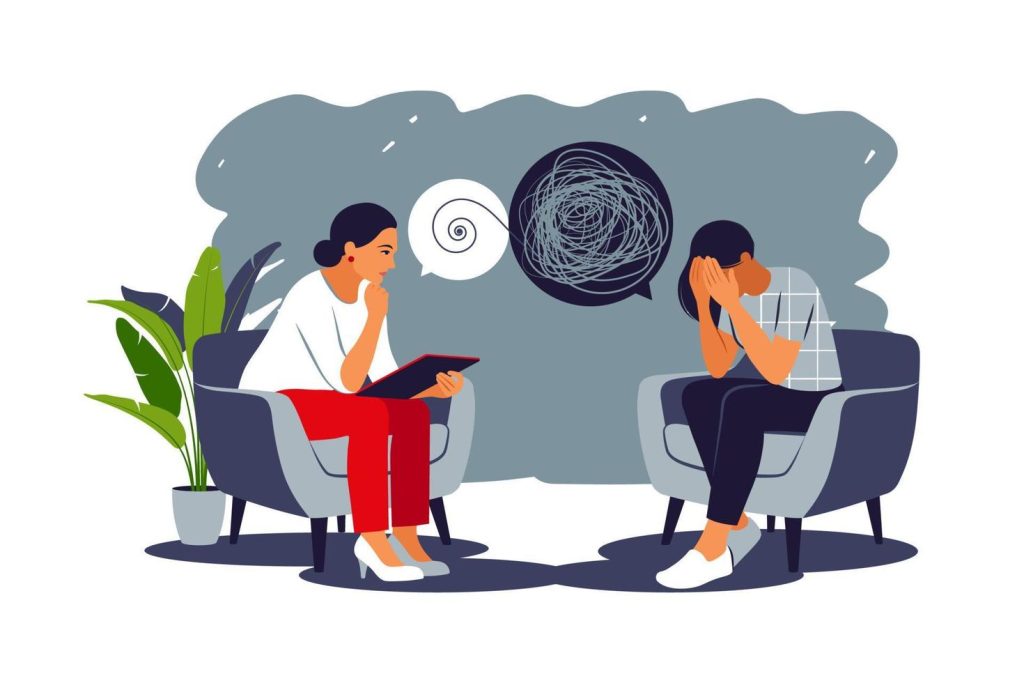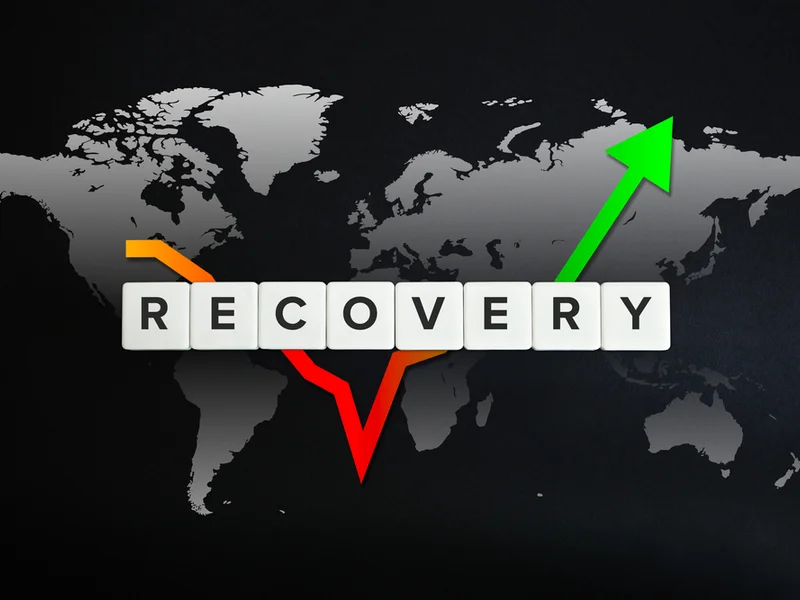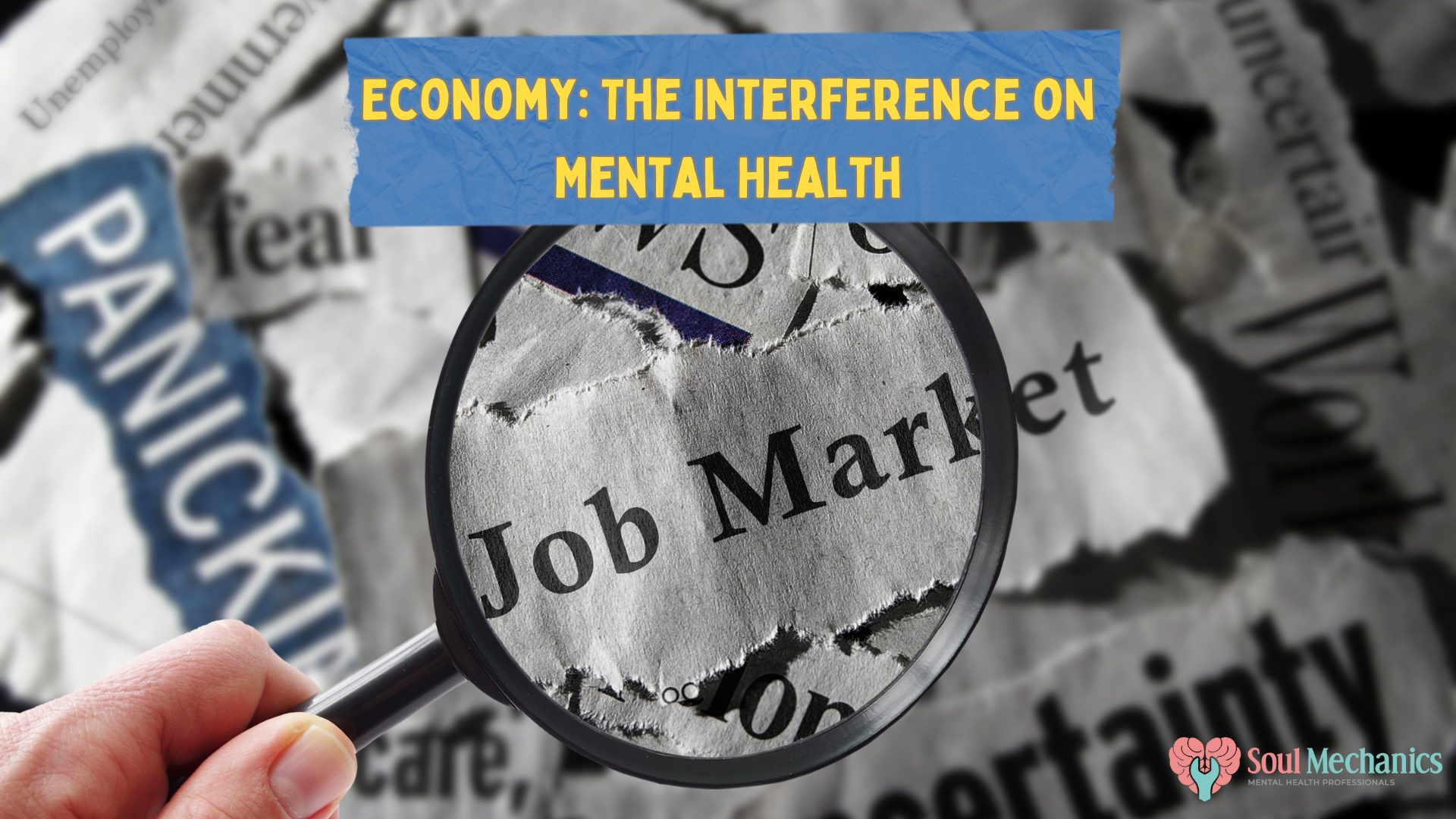Economy: The Interference on Mental Health
Economy: The Interference on Mental Health

Written By: Shaundtrya Ganasan, Licensed Counselor (KB11097)

Economy is the lifeblood of a country, encompassing all the activities, interactions, and transactions that drive the production and exchange of goods and services. However, with the outbreak of the COVID-19 pandemic, our global economy was thrust into a crisis. This crisis hit close to home as small businesses were forced to shutter their doors due to mounting losses. Work-from-home arrangements became widespread, leading to a surge in online shopping and reliance on food delivery apps.
While these changes provided convenience and safety, they took a heavy toll on small food vendors who relied on foot traffic and personal connections to thrive. Moreover, even large companies were forced to make the heartbreaking decision to let go of loyal employees who had dedicated their lives to these organizations.
Reminder: If you or your loved ones are struggling with mental health conditions, please don't hesitate to reach out to us at Soul Mechanics KD or Soul Mechanics Ipoh. Remember, seeking help is not a sign of weakness but strength!
Recovery Period
As we find ourselves entering the fourth year after the pandemic, the recovery process for businesses and private sectors is still wavering. The lingering effects of the crisis continue to cast a shadow over many countries' economies. This unsettling event has triggered a sharp decline in bank prices worldwide, raising concerns among economic analysts about the future stability of leading nations' economies. The work-from-home culture is still practised by many industries, which indirectly increases the use of technology for every minor inconvenience. Artificial Intelligence (AI) has gradually led to the automation of various jobs, such as cashiers, waiters, clerks, and tourist guides. However, the impact may not stop there. Experts predict that AI could encroach upon other significant professions, including therapists, doctors, and even teachers. This extensive utilization of AI poses a serious threat to job security, leaving many individuals unemployed and struggling to meet their basic needs.
Economic Factors Affecting Mental Health
The relationship between mental health and the economy can be complex and many-sided. The economic circumstances we find ourselves in can shape our mental well-being and our connections with those around us. Let's explore some key economic factors that deeply influence our mental health:
Unemployment
During economic downturns, such as after the COVID-19 pandemic, there is a high unemployment rate, and this hits particularly hard on fresh graduates. Many of us find ourselves in the challenging situation of being unable to secure a job that matches our qualifications, leaving us struggling to repay our study loans. We may end up accepting low-wage jobs just to make ends meet, barely covering our basic needs.

The constant financial strain amplifies our stress levels and can trigger a cascade of mental health issues such as depression and anxiety. Moreover, our self-esteem takes a hit as we grapple with the weight of our financial constraints and the pressure to contribute to our families. This overwhelming combination can create a sense of hopelessness that deeply affects our mental well-being.
Inequality
Economic downfall leads to poverty, whereby many of us from the middle class are pushed down to lower socio-economic status. This limits our access to better education, healthcare, nutritious food, living space, and support, leading towards poor mental health. The stress and mental exhaustion of living in poverty often lead towards the development of other mental health concerns. Often, we choose to ignore our mental health issues as we struggle to afford mental health treatment and spend our limited resources on our family instead of therapy or medical treatment.
Work Stress
In the face of economic challenges, we often witness the adverse consequences of low economic status on industries, particularly private sectors. As companies struggle to meet financial obligations, they resort to workforce reduction, leaving a smaller group of employees to shoulder an overwhelming workload. We find ourselves working tirelessly, often doubling our efforts, and putting in overtime to compensate for the absence of our former colleagues. This excessive workload impacts our well-being, pushing us towards burnout, depression, anxiety, and even conflicts in our personal relationships. The pent-up emotions of anger, stress, and a sense of unfairness that arise from our work experiences may unintentionally spill over onto our loved ones.
Stigma & Shame

In the face of financial constraints and unemployment resulting from an economic downturn, many of us experience a profound sense of embarrassment and shame regarding our economic status. We often internalize the belief that lacking a sufficient income will result in disrespect and mistreatment from others. This deeply ingrained stigma leads us to withdraw from social interactions and refrain from attending important events with our loved ones.
The fear of being judged and receiving negative remarks about our appearance, attire, or even the gifts we give becomes overwhelming. As we isolate ourselves due to financial constraints, our mental health and overall well-being suffer greatly.
Reminder: If you or your loved ones are struggling with mental health conditions, please don't hesitate to reach out to us at Soul Mechanics KD or Soul Mechanics Ipoh. Remember, seeking help is not a sign of weakness but strength!
Consumerism & Materialism
Consumerism and materialism values are usually high in countries with higher economic status. These values exert immense pressure on individuals with lower socio-economic backgrounds to conform to societal norms to gain acceptance from peers and acquaintances who possess higher socio-economic statuses. As a result, we find ourselves grappling with feelings of low self-esteem and an incessant drive to acquire material possessions in an attempt to meet societal expectations. In this pursuit, we may inadvertently forget about our own personal needs and desires that truly bring us happiness. The constant comparison to others and the relentless focus on accumulating wealth and achieving external markers of success gradually erode our overall well-being and strain our personal relationships.
Thus, it is important to recognize that economic status, whether on an individual or national level, can have a profound impact on mental health and overall well-being. When someone we care about is facing mental health challenges due to financial constraints, it becomes our responsibility to offer unwavering support. We should create an environment where they feel safe and comfortable sharing their worries without the fear of judgment or condescension. Furthermore, we can encourage them to seek professional mental health assistance from organizations that offer affordable therapy or through government and non-profit initiatives.
Note: You can reach out to us at Soul Mechanics KD or Soul Mechanics Ipoh for affordable therapy options.
Therapy provides a valuable opportunity to delve deeper into personal and work-related issues that may be hindering financial progress. It also serves as a secure space for individuals to express their deepest concerns about their finances, which they might feel uneasy about sharing with their loved ones.
Therapy's Role
We can see therapy as a valuable resource in effectively managing our finances, particularly through budgeting our monthly income, which can alleviate financial stress. By engaging in therapy, we gain insights into government programs that offer financial assistance and the various discounts available to individuals based on their economic status.

Additionally, therapy enables us to connect with organizations and support groups comprising individuals who face similar financial constraints. Sharing experiences within these groups fosters a sense of belonging and provides us with emotional support. Together, we can explore and discover additional ways to improve our financial situations, knowing that we are not alone in this journey.
Through therapy, we can also challenge the negative thoughts and beliefs that hold us back in terms of our finances and economic status. By reframing our mindset, we can cultivate a more positive outlook and set small, realistic, and achievable goals that propel us forward. Moreover, the burden of financial stress often takes a toll on our personal well-being, neglecting important aspects such as proper sleep and nutrition, leading to poor physical health. With the support of therapy, we can gradually reintroduce self-care routines into our lives. This includes practising mindfulness and breathing exercises, engaging in regular exercise, prioritizing healthy sleep patterns and balanced food intake, and participating in activities that help us manage stress and find relaxation. It's crucial to recognize that our physical and emotional well-being are essential, especially during challenging times.
Conclusion

In summary, we must always remember that seeking assistance is a sign of strength, not a reflection of weakness. It's perfectly alright to open up about our financial struggles with a trusted friend, family member, or therapist. During challenging times, particularly when faced with financial constraints, reaching out for help can connect us with valuable resources and support networks that can make a significant difference in our lives.
If you’re looking for a therapist in Kota Damansara or Ipoh area, you can click here for more information.
If you enjoyed reading this, why not broaden the horizon of knowledge by learning about "Anxiety and Depression: Navigating the Connection between them"? You can read the blog here.
For more content related to mental health do follow us on our official Instagram.

